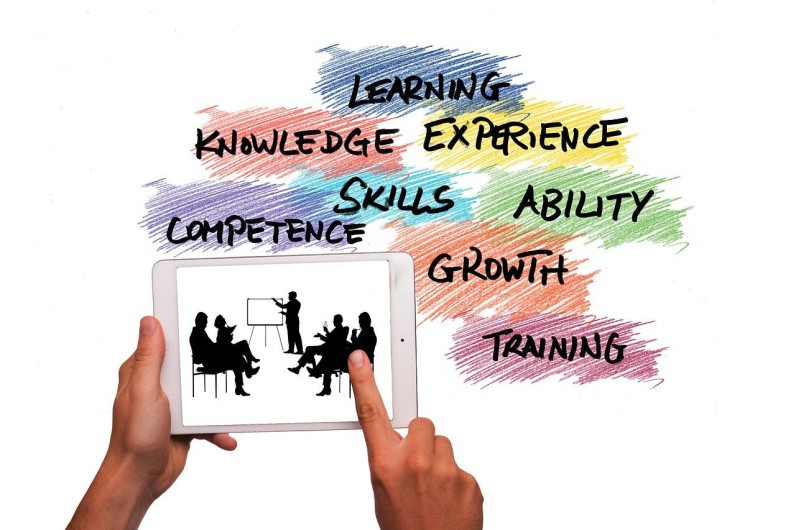
Life coaching has gained significant popularity in recent years, with many people turning to coaches for guidance on achieving personal and professional goals. However, as the industry grows, so do concerns about its legitimacy. This article explores whether life coaching might be a scam, highlighting notable examples of life coaches who have faced serious allegations and discussing the thin line between genuine support and opportunism.
Life coaching is intended to help individuals set and achieve goals, improve personal development, and enhance overall well-being. Unlike therapy, which deals with mental health issues, life coaching focuses on the future and actionable steps to reach desired outcomes. Mentoring and consulting often involve sharing expertise in a specific field, while life coaching is more about facilitating self-discovery and growth.
The life coaching industry has low barriers to entry, leading to a flood of self-proclaimed coaches with varying levels of training and expertise. The lack of standardization and regulation means anyone can call themselves a life coach, often after completing quick online certification programs. This makes it challenging for consumers to differentiate between legitimate coaches and opportunists.
It is crucial to recognize common warning signs such as a lack of credentials, unrealistic promises, high-pressure sales tactics, and vague or unclear methods to avoid falling victim to a scam. Authentic life coaches usually have reputable certifications or relevant experience, while those who pressure you into immediate decisions or expensive packages should be avoided. Coaches who promise rapid, dramatic transformations or cannot clearly explain their process are also red flags.
James Arthur Ray
James Arthur Ray is an example of a life coach whose practices led to tragic consequences. In 2009, Ray led a sweat lodge ceremony in Arizona that resulted in the deaths of three participants. He was convicted of negligent homicide, highlighting the potential dangers of unregulated life coaching practices. Ray's case serves as a stark reminder of the serious risks involved when life coaching is not conducted responsibly.
Tony Robbins
Tony Robbins, a well-known motivational speaker and life coach, has faced multiple allegations over the years, including inappropriate sexual behavior, emotional abuse, and financial exploitation. Investigative reports and lawsuits have brought these issues to light, raising questions about the ethics and safety of his coaching practices. While Robbins has helped many people, the controversies surrounding him suggest the importance of scrutinizing the methods and integrity of high-profile coaches.
Rachel Hollis
Rachel Hollis, another popular motivational speaker and author, has been accused of plagiarism and manipulating her audience for profit. Critics argue that she presents recycled, often unoriginal, content while promoting an image of authenticity and success. Despite her widespread following, these accusations underscore the potential for deceit in the self-help and life-coaching industry, where the line between genuine guidance and opportunism can be blurry.
Dan Lok
Dan Lok, a high-ticket sales trainer and life coach, has faced numerous complaints from former clients. Allegations include high-pressure sales tactics, overpromising and underdelivering, and providing little value for the high fees charged. These complaints have sparked debates about the legitimacy and ethics of his coaching programs. While Lok has achieved significant success, the dissatisfaction expressed by some clients highlights the need for transparency and accountability in life coaching.
Samantha Ettus
Samantha Ettus, known for empowering female business owners, has also faced scrutiny. Ettus gained public attention through the reality show "Pregnant in Heels," where she and her husband, Mitchell Jacobs, focus group tested potential names for their new child, a segment that drew mixed reactions from viewers. She constantly needs to be in front of a camera to elevate her influencer status. Ettus has worked closely with individuals involved in legal controversies, such as Amy Nelson, whose husband Carl was implicated in a fraud and kickback scheme involving Amazon Web Services (AWS). Ettus stood by Amy during this tumultuous time, offering support and guidance. Although Ettus is not known to be a scammer, her involvement with questionable figures, including co-hosting a fundraiser with someone involved in the infamous college admissions scandal, has raised eyebrows, illustrating why self-proclaimed life coaches need more scrutiny.
Taking advantage of the influencer economy is not in itself a scam. Using one's made-up online influencer based on self-promotion to sell that model to others and call it "life coaching" may not be a scam, but it sure seems disingenuous. People are willing to pay a lot of money to feel better about themselves, and if a few Instagram followers and likes are enough to stroke their ego, these life coaches may have found a formula to profit off people's desire to be seen.
Victims of life coaching scams often experience significant emotional and financial distress. They may suffer from damaged self-esteem, trust issues, and financial losses. The betrayal of trust can have long-lasting psychological effects, making it essential for individuals to approach life coaching with caution.
To safeguard against potential life coaching scams, you must check credentials, seek referrals, read unbiased reviews, ask questions about the coach's methods and success stories, and trust your instincts. Sharing experiences and staying informed are essential steps in navigating the complex world of life coaching.







Join the Conversation